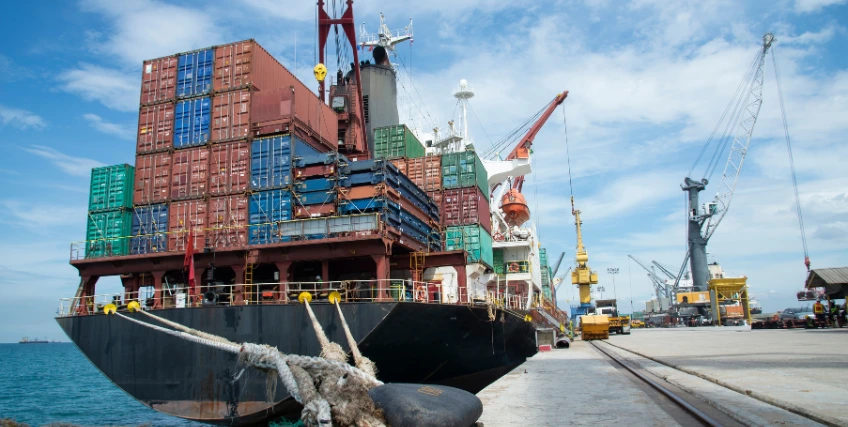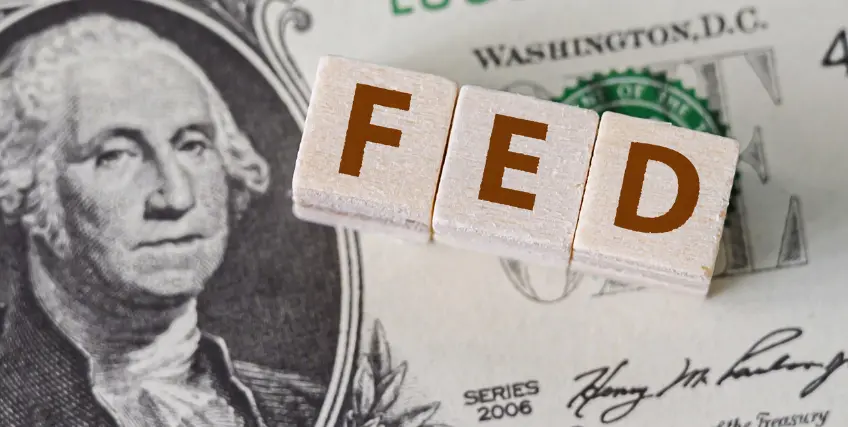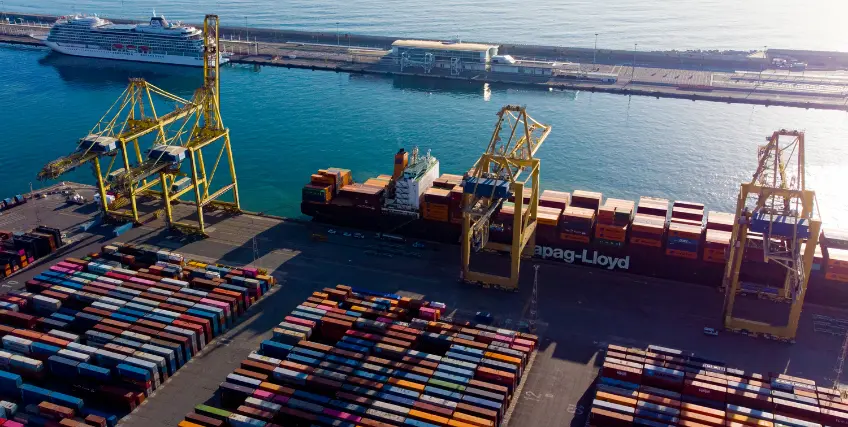Trump Liberation Day Tariffs Are In Effect, Here’s What You Need To Know
April 04, 2025 | Last Updated on: April 04, 2025

President Donald Trump announced sweeping tariffs on Wednesday, making good on campaign promises. In addition to policies targeted at individual countries, he signed a 10% unilateral tariff on all goods coming into the U.S.
Here’s what you need to know about the recent executive action, and how it may impact your small business.
Trump Tariff Executive Action
As of April 5th, all countries will have a 10% tariff added to their duties when importing goods into the United States. The executive order has a long list of countries added with even higher tariffs that will go into effect on April 9th. Notable countries on that list include China (54% tariff) and the E.U. (20% tariff).
Additionally, there will be a 25% tariff on all foreign made autos and the 25% tariff on Canadian and Mexican goods will remain in place.
These tariffs come with a list of conditions and retaliatory tariffs that can be found here.
President Trump exclaimed the singular way for countries to avoid these tariffs: build in America. He listed several companies making significant investments to building inside the U.S., totaling $6 trillion.
His message: This will “Make America Wealthy Again.”
What Small Business Owners Need To Know
Tariffs like this latest round announced by the Trump administration can impact small businesses by raising costs on imported goods like raw materials and electronics. To mitigate these effects, businesses should explore domestic or alternative international suppliers where tariffs are lower. If you find this option is not available, your best course may be to negotiate better terms with existing suppliers, and adjust product or service pricing strategically.
Staying informed on trade policies is crucial, as new changes could be forthcoming soon. Some businesses may also qualify for tariff exemptions or duty refunds on exports. If you are impacted, be sure to look out for resources to help you understand your options; many financial advisors, accountants and duties brokers can help you navigate these options.
By proactively managing their supply chains and keeping a close eye on their finances, small businesses can navigate tariffs and maintain stability in a shifting economic landscape.
With tariffs impacting costs, now might also be a smart time to explore financing options for your business. Securing funding can help you adapt in ways that help you reduce the effect of tariffs, such as investing in local suppliers, so you can navigate market changes with confidence.




